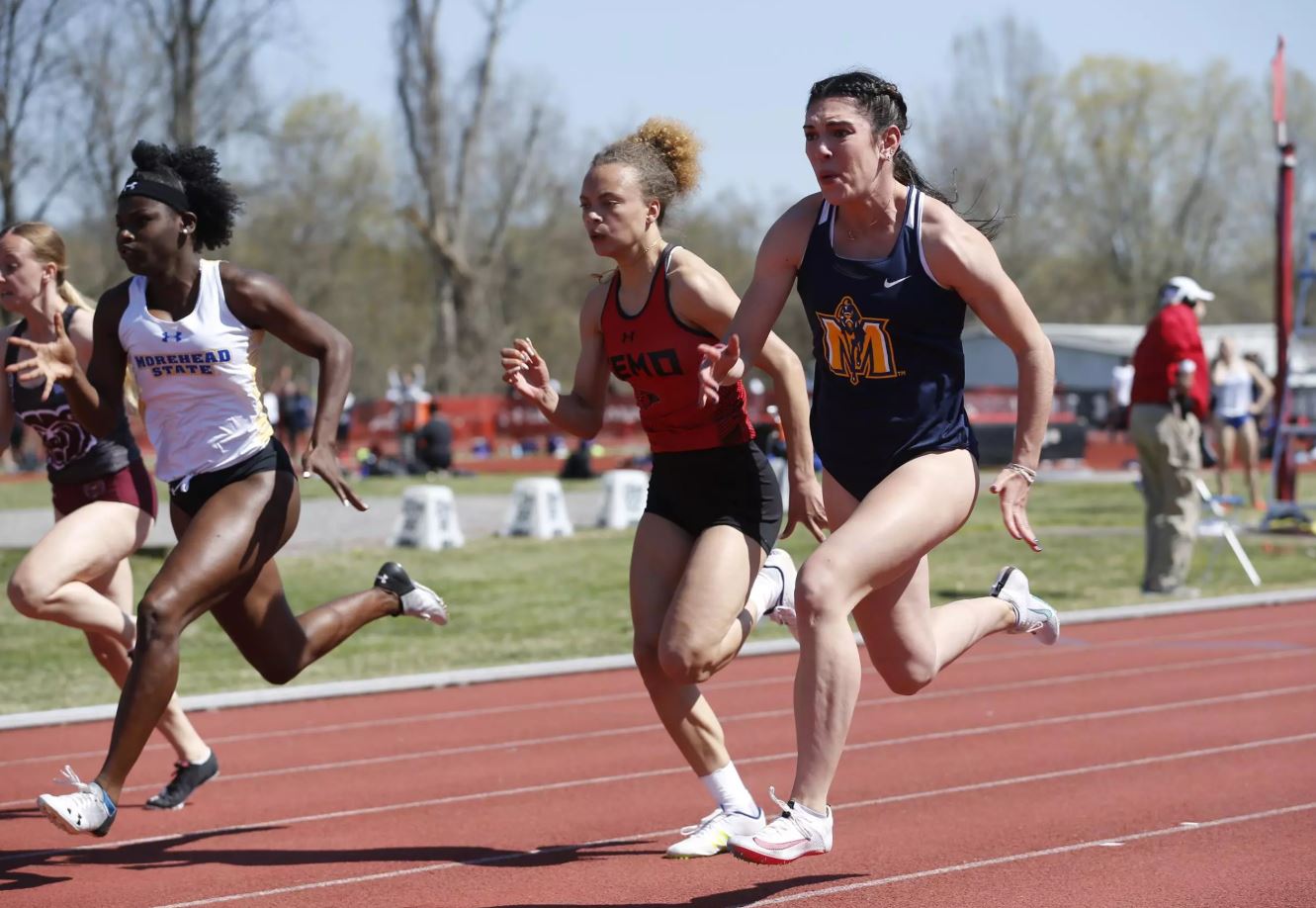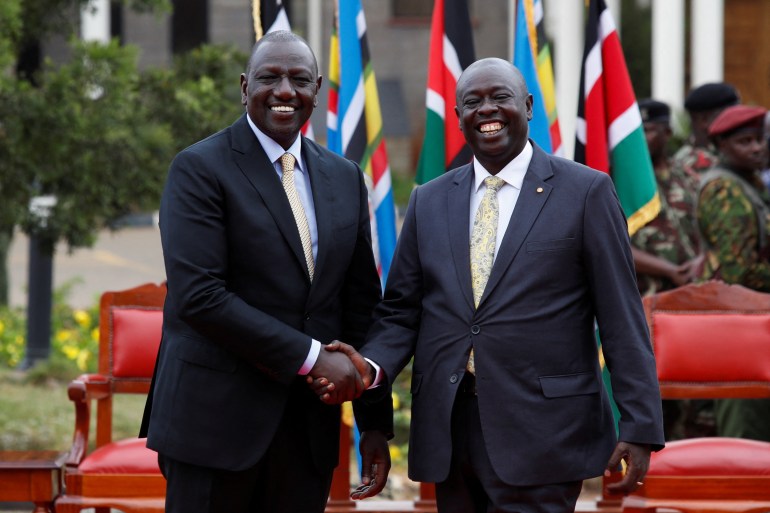 Did you know that over 250 million people participate in competitive sports worldwide? From marathon runners in Kenya to Muay Thai fighters in Thailand, competitive sports are huge!
Did you know that over 250 million people participate in competitive sports worldwide? From marathon runners in Kenya to Muay Thai fighters in Thailand, competitive sports are huge!
Some of the best training camps are in Thailand (Muay Thai), Brazil (football), and Kenya (long-distance running) — perfect for leveling up your game.
Every day, competitions happen worldwide —from local marathons to global tournaments.
Want to join in? The key is training, preparation, and good competitive sports travel insurance to protect from sports injuries!
In the meantime, let’s dive into what makes competitive sports great — and how they can help you get fitter!
Why Competitive Sports Are Good for Your Body
We all know playing competitive sports is good for your health, but did you know it does wonders for your heart, muscles, and flexibility? Studies show that people who play competitive sports have stronger hearts and longer lifespans.
Plus, the constant movement boosts endurance, which means you’re ready to tackle anything.
Here are some fun stats:
- 5x more likely to meet daily physical activity recommendations if you’re playing a sport.
- 1 in 5 kids in the U.S. play a competitive sport regularly.
From running to swimming to playing soccer, you’ll improve your coordination and muscle strength while having fun. You can be a kid, teen, or adult, you’ll burn calories and build strength without thinking about it.
Boost Your Brainpower with Competitive Sports
It’s not just about muscles — competitive sports are also amazing for your brain! Playing sports helps build confidence, improve focus, and develop discipline.
You’ll learn to set goals, work toward them, and celebrate wins — plus, you’ll pick up stress management skills that will help you in life outside of sports.
Did you know?
- 60% of athletes report feeling less stressed after playing sports.
- Competitive sports can increase self-esteem by up to 30%.
Competitive sports also teach you how to bounce back after a loss. You’ll learn to manage your emotions, deal with setbacks, and never give up. That’s a skill you can use on the field or in a meeting at work!
Making Friends and Learning Teamwork
One of the best parts of competitive sports? The friendships! Whether you’re in a soccer league or running a marathon, competitive sports bring people together. You get to learn to work with others, communicate, and become a leader.
Playing on a team makes you feel like you belong, so you’re never alone.
Here’s how sports help build social skills:
- 95% of people who play team sports say they feel a stronger sense of community.
- 85% say sports helped them develop better communication skills.
Sports also teach respect for teammates, coaches, and even opponents. Those lessons in respect? They stick with you in real life, too.
The Risks (But Not Too Many!)
Like anything, competitive sports come with some risks. For kids especially, there’s pressure to win, which can make things stressful. Too much focus on winning can lead to burnout and even injuries.
And when kids specialize too early in one competitive sport, they might overtrain.
Here’s a table of things to keep in mind to stay safe while playing competitive sports:
| Risk Factor | How to Avoid It |
| Pressure to win | Keep the focus on fun |
| Injuries | Warm-up and stretch |
| Overtraining | Take rest days |
| Burnout | Balance sports with other activities |
And let’s not forget that not every kid has equal access to sports. Some kids can’t afford equipment or training, which is something we need to keep working on to make sports more accessible for everyone.
Gender Differences in Competitive Sports
Sports are changing! Especially in competitive sports, things used to be tough. Gender stereotypes made boys more aggressive, while girls were expected to be caring and gentle. But now, both boys and girls can choose any sport they like and compete equally, whether in women’s teams or mixed teams.
Today, we see more girls in competitive sports like football, wrestling, and ice hockey!
Conclusion
Competitive sports pack such great health, confidence, and friendship benefits. You can be a basketball player, runner, or even into surfing. Yup, there are risks (hello, burnout and injuries), but you can make the most of your experience with a little preparation.
OK — so play hard because, with competitive sports travel insurance, you can dive SAFELY into your next sports adventure!








